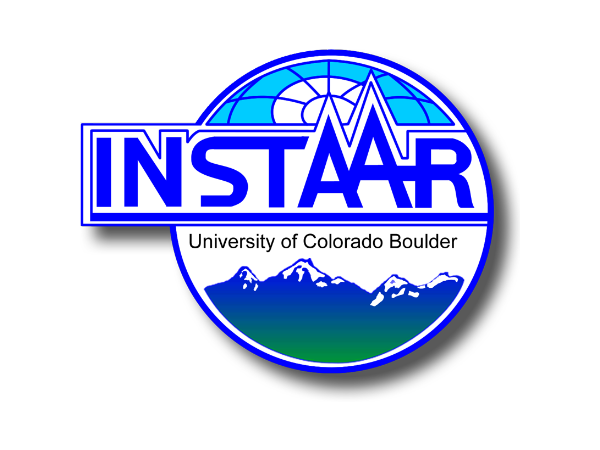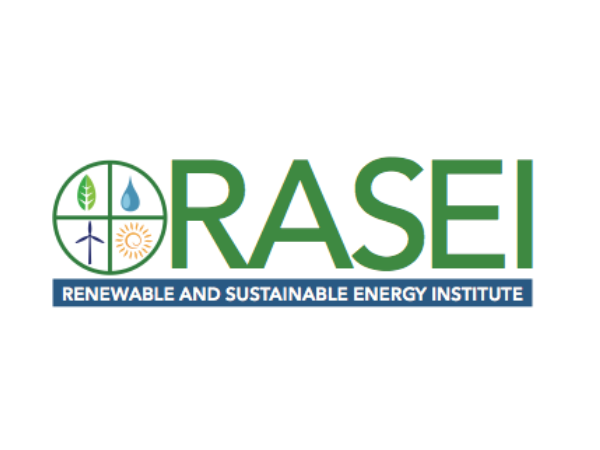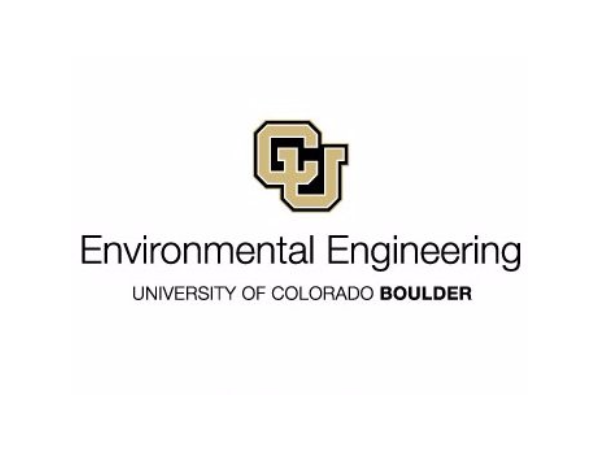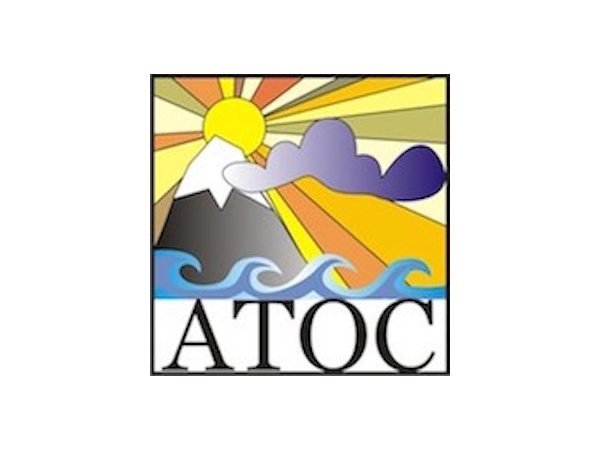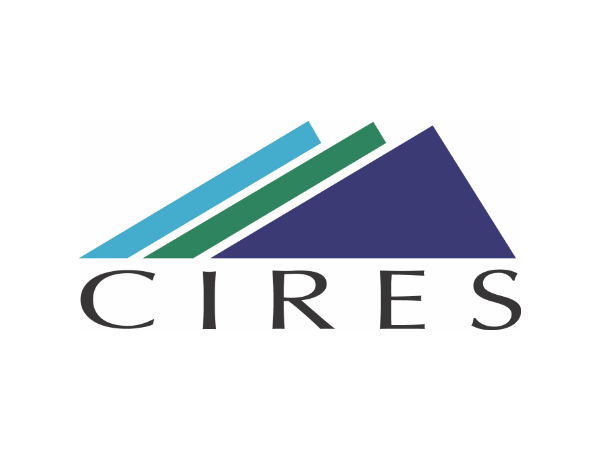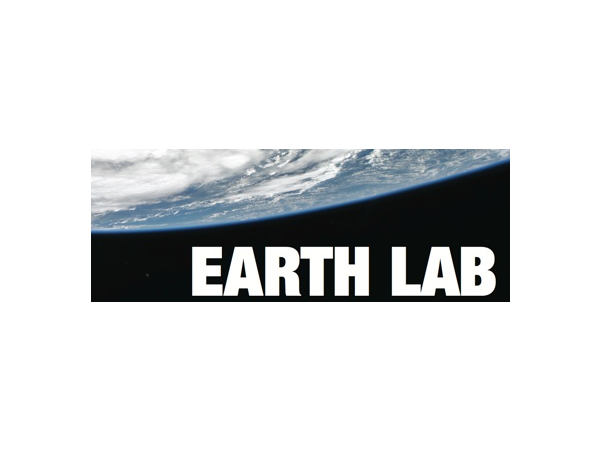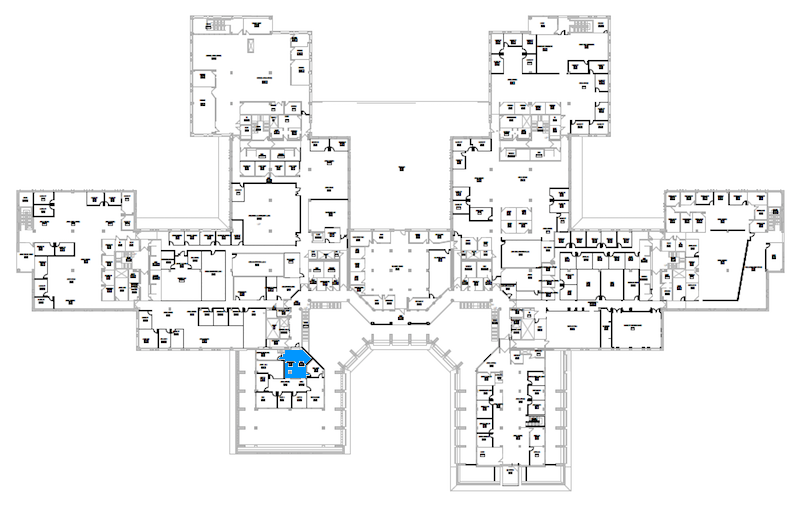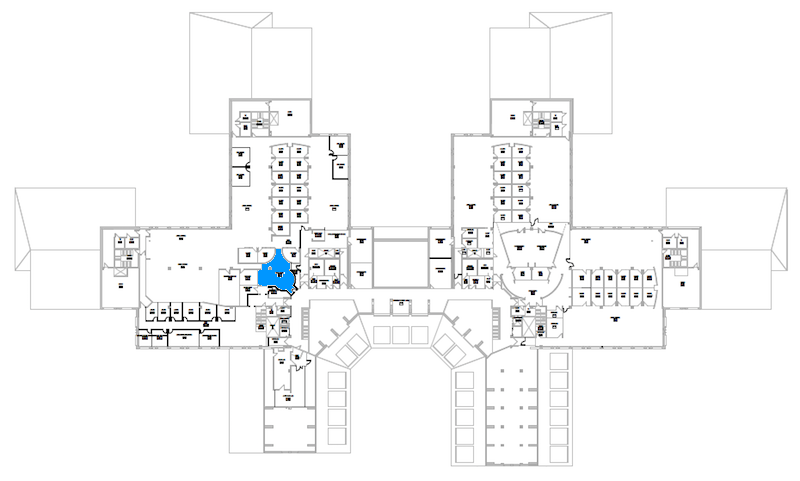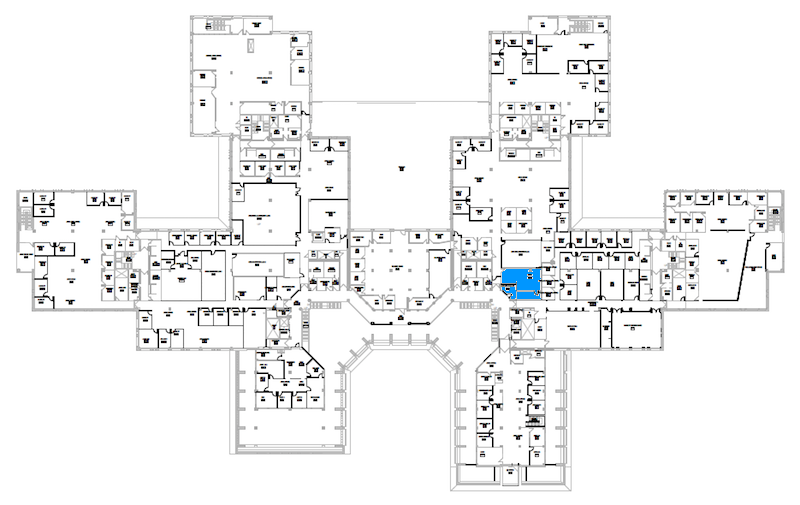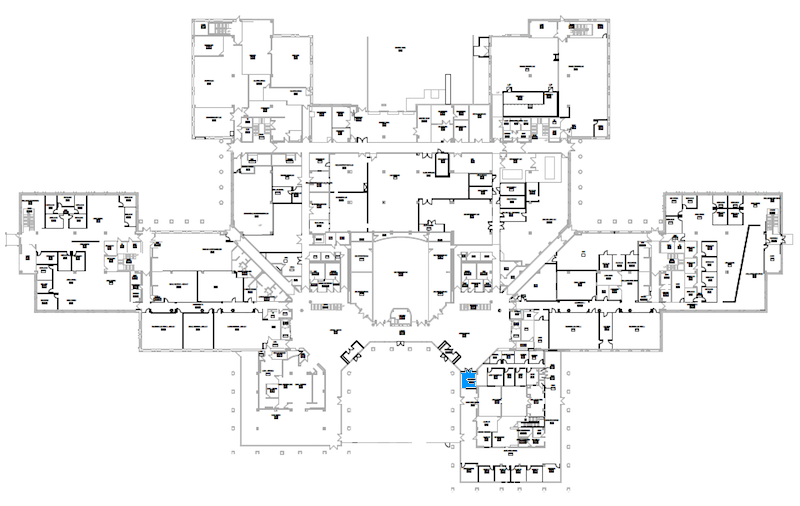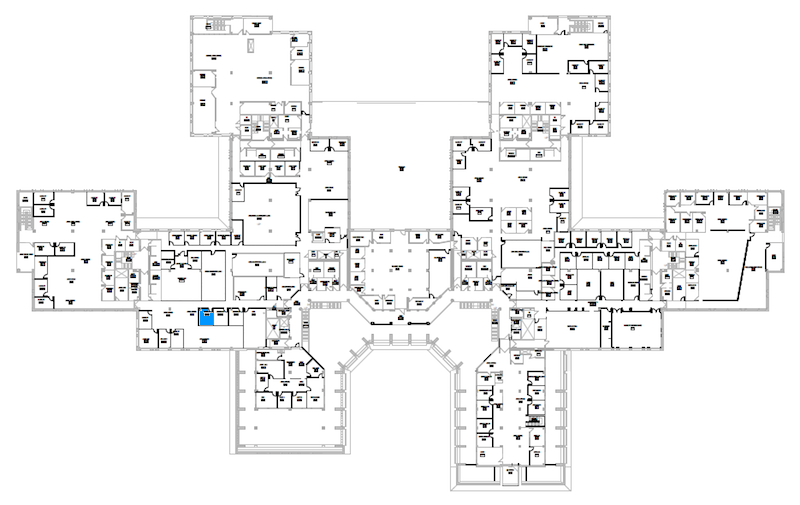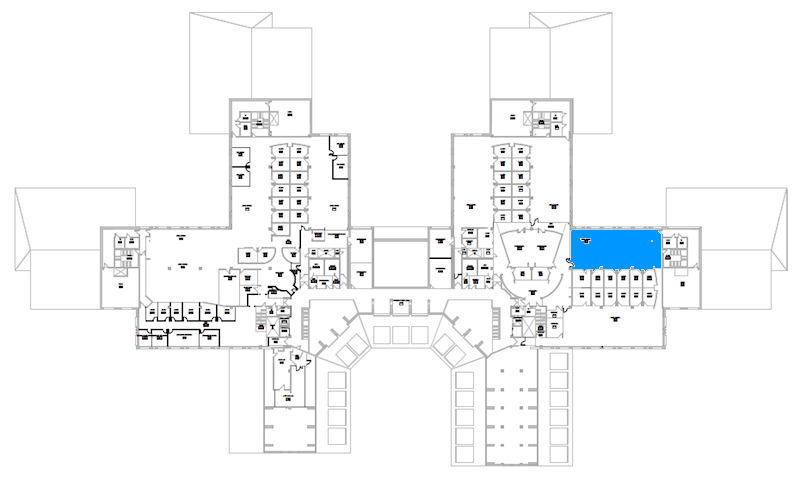Steering Partners
Institute of Arctic and Alpine Research (INSTAAR)
About
As the University's oldest institute, INSTAAR has a long history of responding to pressing environmental issues. Our traditional focus has been on polar and alpine regions, where effects of global change are especially pronounced. In recent decades, our research has broadened to include environmental challenges that span local, regional, and global scales. Research topics vary widely and include Quaternary and modern environments, human and ecosystem ecology, biogeochemistry, landscape evolution, hydrology, oceanography, and climate.
INSTAAR’s research activities integrate field studies, state-of- the-art laboratory experiments, sample analysis, and numerical and laboratory modeling. Our field sites are located across all seven continents and the world's oceans.
Our expertise across disciplines helps us generate influential science that can inform policy decisions and move us toward a more sustainable society. INSTAAR's national and international research leadership is augmented by exceptional strength in graduate education and bringing undergraduates into the research process.
Mission
Research
INSTAAR develops scientific knowledge of physical and biogeochemical environmental processes at local, regional and global scales, and applies this knowledge to improve society's awareness and understanding of natural and anthropogenic environmental change.
Teaching
INSTAAR supports the University of Colorado's educational mission, providing interdisciplinary research opportunities to graduate and undergraduate students that foster appreciation and understanding of the biological, chemical, and physical processes operating in continental and ocean environments. The Mountain Research Station and other field study sites aid the educational efforts of the Institute. INSTAAR has led education efforts that integrate students across multiple departments and colleges and connect students with international educational experiences.
Societal
INSTAAR conducts activities in research, education, and science leadership, designed to address critical concerns such as ecosystem resilience, biodiversity, water resources, agriculture, national security, and resources in sites ranging from the alpine areas of the Rocky Mountains to the remote regions of the world. Our expertise is applied to predictive understanding of environmental processes, including the maintenance of water quality and anticipating and responding to long-term environmental alterations. Changes and disturbance in high-latitude regions not only affect the lives of indigenous residents but also, through global teleconnections, have a bearing on the lives of people everywhere.
Renewable & Sustainable Energy Institute (RASEI)
About
RASEI (pronounced RAY-see) is a joint institute between the University of Colorado Boulder (CU Boulder) and the National Renewable Energy Laboratory (NREL) addressing important, complex problems in energy that require a multidisciplinary, multi-institutional approach. Its mission is to expedite solutions that transform energy by advancing renewable energy science, engineering, and analysis through research, education, and industry partnerships.
Mission
Create Integrated Energy Campus
Create a world-leading venue for energy research and education that benefits from the concentration of academic institutions, federal research laboratories, and businesses involved in the green economy along Colorado’s Front Range.
Perform Innovative Research
Develop a comprehensive and multidisciplinary approach to research that meets the scientific and institutional energy challenges of the 21st century.
Educate Energy Leaders and Workforce
Provide programs, lectures, and opportunities that prepare students to become the energy leaders of the future.
Develop Industry Partnerships
Engage industry partners in comprehensive programs involving energy research, education, policy, and technology development.
Environmental Engineering Program (EVEN)
Overview
Environmental engineers play a vital role in maintaining the quality of both human environmental systems and the natural environment. Environmental engineering encompasses the scientific assessment and development of engineering solutions to environmental problems impacting the biosphere, land, water and air quality. Environmental issues affect almost all commercial and industrial sectors, and are a central concern for the public, for all levels of government, and in international relations. These issues include safe drinking water, wastewater processing, solid and hazardous waste disposal, outdoor air pollution, indoor air pollution and transfer of infectious diseases, human health and ecological risk management, and prevention of pollution through product or process design.
Program
Hosted at SEEC, the CU Boulder graduate program in environmental engineering focuses on the fundamental and applied understanding of the processes which govern natural and engineered treatment systems and the effects that they have on human and ecosystem health. The program includes 22 primary faculty, and covers topics ranging from ecosystem processes, fate and transport of organic contaminants, alternative energy, air quality, sustainability, and water and waste water treatment. The program offers MS, Professional MS and PhD degrees in Environmental Engineering.
The EVEN graduate program is administered by faculty from multiple CEAS departments, including Aerospace Engineering Science; Civil, Environmental, and Architectural Engineering; and Mechanical Engineering. Courses required for the program are offered through the collaborating departments, with student credit hours assigned accordingly.
The Environmental Engineering M.S., Professional M.S., and Ph.D. program benefits from long-standing relationships of participating faculty with researchers in CU-Boulder institutes and federal laboratories in the area. Furthermore, the program benefits from the strong reputation already held by the environmental engineering groups within the participating departments. This reputation is evidenced by the fact that, for 2015, U.S. News & World Report ranked our Graduate Program 21st in the country (13th among public schools) among "Best Engineering Schools for Environmental/Environmental Health Engineering."
Environmental Studies Program (ENVS)
Overview
The Environmental Studies program at CU Boulder is a hub for facilitating interdisciplinary collaboration in environment and sustainability. The program nurtures interdisciplinary academic training for undergraduate and graduate students, provides guidance for students with career aspirations in environment and sustainability venues, promotes diverse professional education experiences, fosters fundamental and applied research, forms meaningful connections with communities beyond the university, and integrates innovative, interdisciplinary programs unified by the themes of environment and sustainability.
Program
CU Boulder is one of the nation's leaders in environmental research. U.S. News and World Report ranks CU Boulder at 32 for the Best Global Universities for work in the Environment and Ecology. In the National Science Foundation's latest rankings (2014), CU Boulder was ranked second in the country in research and development expenditures in environmental sciences. Much of this research involves collaboration amongst and between disciplines and provides a stimulating environment for students who wish to gain multi-faceted research experiences.
The ENVS program is committed to generating knowledge that in either the long or the short term is needed to improve the environment. Whether an international climate agreement negotiated through the United Nations, a local land use decision made by a municipality, an endangered species recovery plan, or a reinsurance contract purchased by a business, objective information and recognition of when and how information is used to make decisions permeates environmental problem-solving. The ENVS graduate program seeks to train students to have the depth of understanding in one or more fields, and also the breadth of perspectives, to contribute most productively to thorny problems in the environment and sustainability.
Atmospheric and Oceanic Sciences (ATOC)
Overview
The Department of Atmospheric and Oceanic Sciences (ATOC) at the University of Colorado Boulder provides a world-class, interdisciplinary research and educational environment to examine the dynamical, physical, and chemical processes that occur in the atmosphere and ocean. A major theme is the establishment of a physical basis for observing, modeling, and understanding climate and global change.
Program
Although the Department of Atmospheric and Oceanic Sciences (ATOC) at the University of Colorado Boulder was founded only in 2005, we have jumped to top-ten rankings nationally in both atmospheric and oceanic sciences. We educate tomorrow’s workforce and leaders in climate science, renewable energy, and weather prediction.
ATOC's 15 core faculty members study Earth's weather and climate from the ocean floor to space, from the tropics to the polar ice sheets, to understand and respond to climate change and improve climate projections in the atmosphere, biosphere, cryosphere and in the oceans.
ATOC has extensive computer facilities and laboratories in remote sensing, chemistry, hydrodynamics, and numerical modeling. The presence of leading laboratories in the environmental sciences in Boulder, including the National Center for Atmospheric Research (NCAR) and the NOAA Earth System Research Laboratory (ESRL), provides additional opportunities for a rich educational experience. Many opportunities also exist for involvement in field programs.
Cooperative Institute in Research in Environmental Sciences (CIRES)
About
At CIRES, the Cooperative Institute for Research In Environmental Sciences, hundreds of environmental scientists work to understand the dynamic Earth system, including people's relationship with the planet. CIRES is a partnership of NOAA and the University of Colorado Boulder, and our areas of expertise include weather and climate, changes at Earth's poles, air quality and atmospheric chemistry, water resources, and solid Earth sciences.
Mission
Our mission is to conduct innovative research that advances our understanding of the global, regional, and local environments and the human relationship with those environments, for the benefit of society.
Earth Lab
About
Earth Lab is a new initiative launched in September 2015 by the University of Colorado Boulder as part of the campus-wide Grand Challenge effort called "Our Space. Our Future."
Earth Lab will:
- Capitalize on the data deluge from Space and other platforms to accelerate science;
- Reduce environmental risk by using this wealth of data to better understand and predict Earth System change;
- Train a new generation of data scientists who can address outstanding Earth Science questions.
Mission
Earth Lab's mission is to harness the wave of Earth observations from space and integrate them to answer outstanding questions about the pace and pattern of environmental change, from our backyards to our world. Earth Lab will: Capitalize on the data deluge from Space and other platforms to accelerate science; Reduce environmental risk by using this wealth of data to better understand and predict Earth System change; and Train a new generation of data scientists who can address outstanding Earth Science questions.

